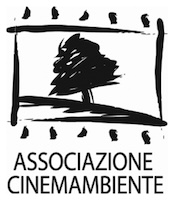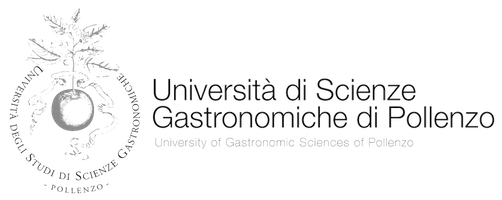Leni
Riefenstahl
biography
Berta Helene Amelie Riefenstahl was born in Berlin in 1902. She studied painting and modern dance, but an accident forced her to abandon her career as a dancer. She made her first contacts with the cinema as an actress, playing various roles in Arnold Fank's mountain films, Der heilige Berg (The Holy Mountain, 1926), Die weisse Holle von Piz Palu (The White Hell of Pitz Palu, 1929), Sturme uber den Montblanc (1930).
The theme of the mountain, at least, of the relationship between man and nature, set in an ahistorical, mythical context that denies any connection with the complex reality of social relations and conflicts while denying ideological debate, is one of the strong points of the concept of beauty that Riefenstahl carried with her for a long time and from which she always tried to defend herself.
The director, who made her debut behind the camera in 1932, making yet another mountain story with the film Das Blaue Licht (The Blue Light) with the collaboration of Béla Balász, soon became one of the leading figures in Nazi cinematography, contributing with his documentaries Triumph der Willens (Triumph of the Will) on the National Socialist Congress in Nuremberg, Olympia on the 1936 Berlin Olympics and the short films Sieg des Glaubens (1933), distributed by the Ministry of Propaganda to celebrate the first congress of the National Socialist Party, and Tag der Freiheit. Unrese Wehrmacht (1935), to the triumphant and mythical image that the regime was building on itself.
After Olympia, Riefenstahl returned to the attempt to realise a project close to her heart, a Penthesilea by Kleist, but without succeeding. Instead, she resumed work on Tiefland, a film she would only complete in 1954, at the end of the denazification process to which she was subjected (various and conflicting versions of her supposed stays in Allied camps and prisons between 1945 and 1948). The project for a film in collaboration with Jean Cocteau fell through, while in the 1960s she again met with success as a photographer, publishing several books (the best known of which is perhaps the first, "Die Nuba. Menschen wie von einen Anderen stern", 1973).







